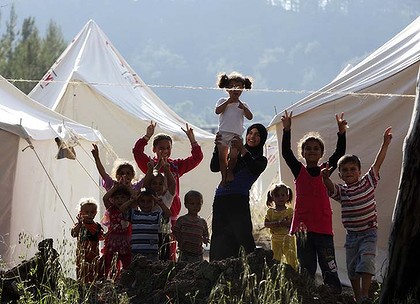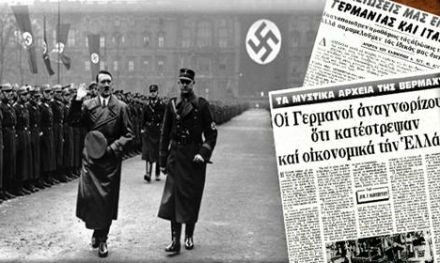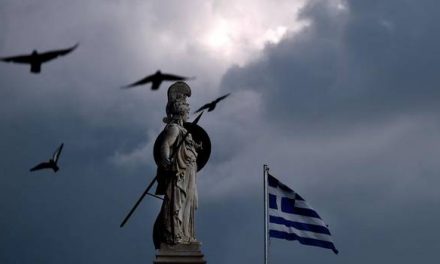Syria said it deployed troops to Jisr al-Shughour as residents of the northern town fled across the border into Turkey to escape what human-rights groups say is crackdown on anti-government protesters.
State television said troops will target gangs that “terrorized” civilians and killed members of the security forces and mutilated their bodies. Minibuses carrying refugees arrived in southeastern Turkey yesterday, part of the 2,400 Syrians who have fled the area since violence began in Jisr al-Shughour. Turkey is preparing to accommodate as many as 1 million Syrians, the Istanbul-based Sabah newspaper has reported.
Syria says 120 security personnel were killed in an ambush in Jisr al-Shughour, while the opposition says they were shot by police for refusing to fire on protesters. Turkish Prime Minister Recep Tayyip Erdogan, an ally of Syrian President Bashar al-Assad, has pledged to keep the border open.
“People across Syria are being tortured,” Hasan Kaplan, a Turkish citizen with relatives in Syria, said outside the refugee camp in the town of Altinozu. “These people have left everything and come here to save their lives. There is no security left.”
More than half of the almost 45,000 residents of Jisr al- Shoghour’s have fled, Mahmoud Merhi, Damascus-based head of the Arab Organization for Human Rights, said today in a telephone interview.
Protests took place in most parts of Syria today, Mehri said, including Busra al-Harir in the south, where four children have been missing for a week. Two people, including a civilian and a policeman, were killed there and three injured, he said.
In Homs, government forces fired on demonstrators, Al Jazeera television reported, citing a witness. Protesters also took to the streets in Halab, Salah el-Din and Daraa, it said.
International pressure is mounting on Assad to end the clampdown on protesters calling for an end to his regime, or step aside. The U.S. won a vote yesterday to send Syria to the United Nations Security Council over an alleged nuclear-weapon facility destroyed by an Israeli raid in September 2007. On June 8, the U.K., France, Germany and Portugal urged the Security Council to adopt a resolution condemning Syria’s response to protests.
Those measures follow sanctions levied by the U.S. and European Union against senior Syrian officials in May after Assad’s initial pledge to enact democratic reforms wasn’t fulfilled. The security forces have killed more than 1,100 people since protests began in mid-March, according to local human rights groups.
Outside the refugee camp in Altinozu today, about 200 refugees, with children in the front ranks, gathered to shout “Down with Assad” and “Long live Erdogan.”
Turkey’s open-door policy for refugees shows it has “started distancing itself from Assad,” said Kemal Kirisci, a professor of international relations at Bogazici University in Istanbul. “Turkey realized in the past few months that the Syrian regime is not different than Assad’s father.”
Hafez al-Assad, who was succeeded by his son Bashar after this death, suppressed a rebellion centered in the city of Hama in 1982, killing about 10,000 people, according to estimates cited byHuman Rights Watch.
In Abu Dhabi yesterday, Secretary of State Hillary Clinton said the U.S will continue to apply pressure on the Syrian government to stop violence against civilian protesters.
Russia wants the opposition to respond to Assad’s promises of political reforms, the Kremlin’s envoy to Africa, Mikhail Margelov told reporters in Moscow today. Syrian opposition envoys will travel to the Russian capital for talks with government officials “soon,” he said.
Navi Pillay, the United Nations high commissioner for human rights, yesterday called on Syria’s government to comply with the UN Human Rights Council’s April 29 request for access for a fact-finding mission. The government hasn’t responded, she said.
Increasing numbers of Syrian women and children have arrived in Turkey in recent days, said a medic at the refugee camp in Antakya, who declined to give her name because she isn’t authorized to speak to the press. Many of the men arrived seriously injured, most with gunshot wounds to their legs and lower bodies, and at least five were dead on arrival, she said. Their bodies were sent back to Syria, she said.



















